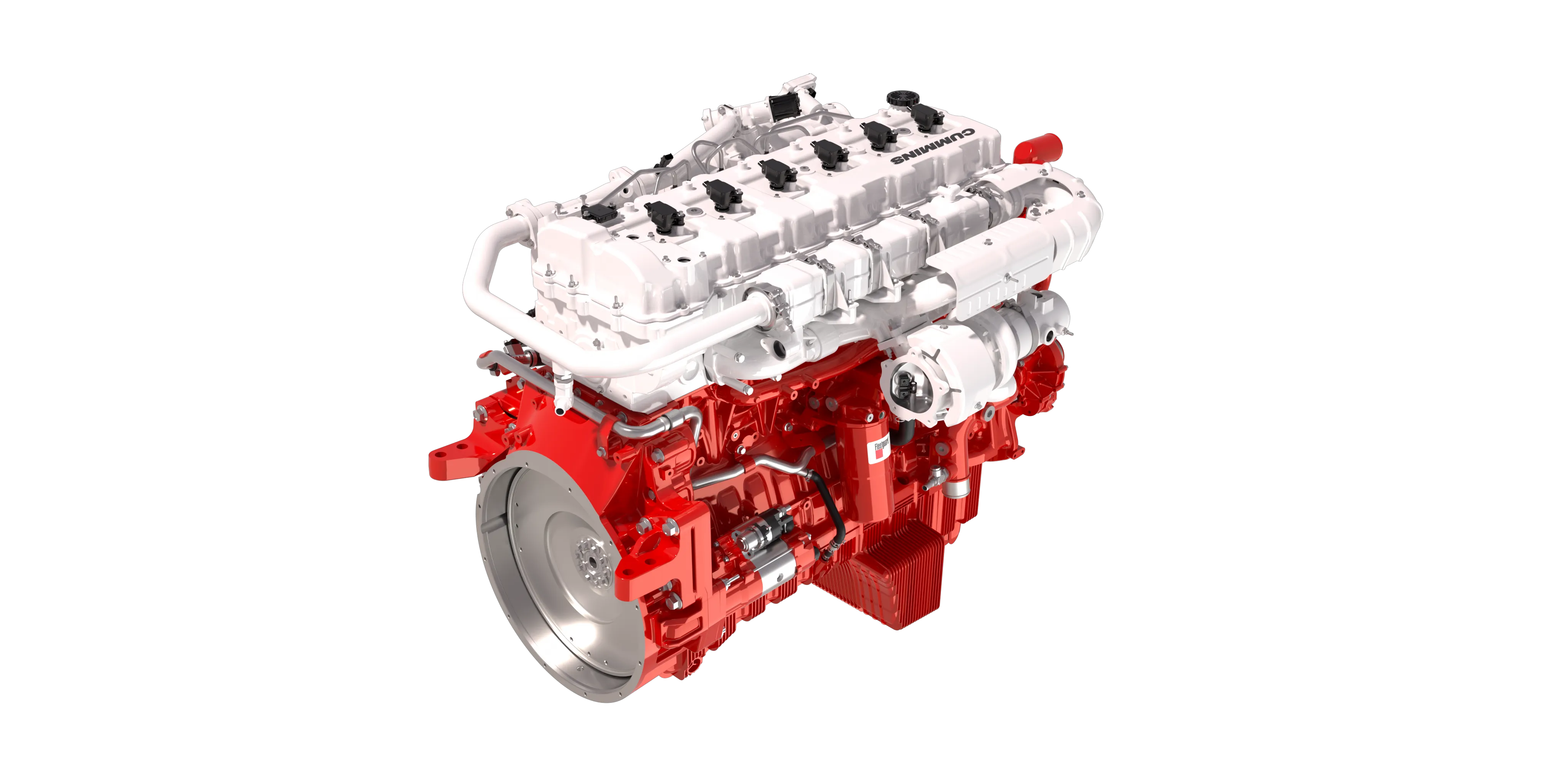A clean vehicle policy is being pursued by the Costa Rican Ministry of Energy and Telecommunications and the Public Transport Council. Under the plan some 4,000 buses and 12,000 taxis in Costa Rica will be run on clean fuels by 2014. Firms running these 16,000 buses and taxis will have to renew their concessions in 2013 and the Costa Rican Ministry of Energy and Telecommunications and the Public Transport Council have developed a policy that will encourage the use of clean fuels as Costa Rica wants to becom
December 17, 2012
Read time: 1 min
A clean vehicle policy is being pursued by the Costa Rican Ministry of Energy and Telecommunications and the Public Transport Council. Under the plan some 4,000 buses and 12,000 taxis in Costa Rica will be run on clean fuels by 2014. Firms running these 16,000 buses and taxis will have to renew their concessions in 2013 and the Costa Rican Ministry of Energy and Telecommunications and the Public Transport Council have developed a policy that will encourage the use of clean fuels as Costa Rica wants to become carbon neutral by 2021. Hydrogen is one of the clean fuels being promoted while the use of electric vehicles seems likely to be encouraged also. It is not clear whether the clean fuel policy will include vehicles powered by compressed natural gas (CNG), or propane.






